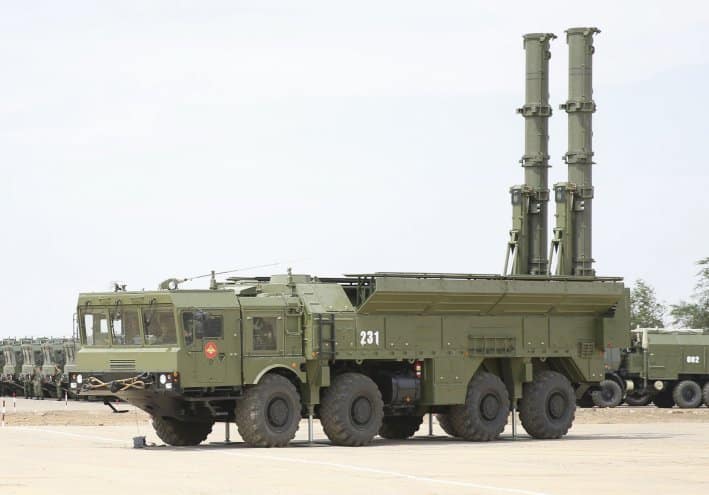The withdrawal of the United States and Russia from the INF treaty on the ban on the development and possession of nuclear-capable missiles with a range of between 500 and 5000 km, has aroused painful concerns in Europe. As soon as the announcement of the withdrawal was published, Russia began work to adapt its current arsenal to this new situation. In quick succession, it announced the extension of the range of the Novator missiles, the development of a land version of the Kalibr naval cruise missile, and the design of a land variant of the Kinjal hypersonic ballistic missile.
For the United States, the main objective of this withdrawal was to be able to use Chinese ballistic weapons, like the DF21 or the DF26, widely used by the PLA.
The Europeans, for their part, find themselves largely deprived by this decision, even if they were not part of it. Therefore, if Europeans unanimously supported the American decision, they also quickly opened up negotiation opportunitieswith Moscow, in a dialogue which will therefore be bilateral.
Thus, Europe could propose to Moscow the implementation of a preserved European status, namely the ban on deploying intermediate-range missiles throughout its territory, in exchange for a Russian commitment not to deploy these systems. of weapons in its eastern zone defined by the Urals. Without effectively guaranteeing against these weapons, this would above all make it possible to initiate a direct Europe-Russia dialogue so as to remove Europe from its status as a potential confrontation zone.

